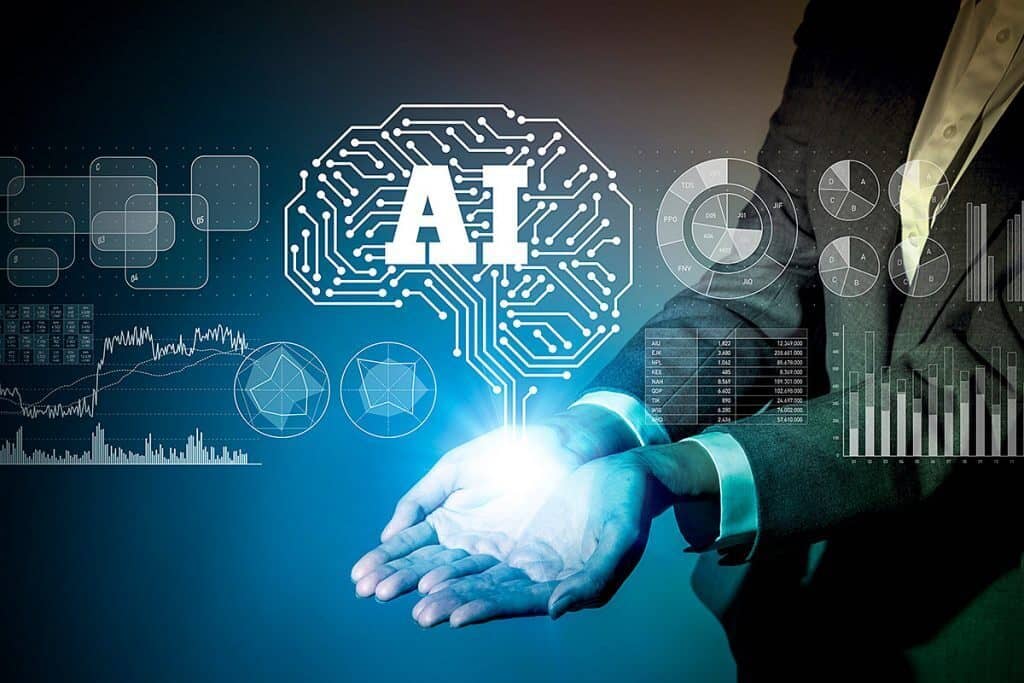The Ethical Challenges of Artificial Intelligence
Artificial Intelligence’s Ethical Challenges: Risks & Solutions
Artificial Intelligence (AI) is transforming industries and daily life, but it brings significant ethical challenges that must be addressed to ensure responsible development and deployment.
Understanding Artificial Intelligence
Artificial Intelligence refers to computer systems designed to perform tasks that typically require human intelligence, such as learning, reasoning, and problem-solving. These systems are categorized into:
- Narrow AI: Specialized systems performing specific tasks, like virtual assistants.
- General AI: Hypothetical systems with human-like cognitive abilities.
Ethical Challenges in AI
The rapid advancement of AI technologies has led to several ethical concerns:
-
Bias and Fairness
AI systems can inadvertently perpetuate biases present in their training data, leading to unfair outcomes. For instance, facial recognition technologies have shown higher error rates for certain demographic groups, raising concerns about discrimination.
-
Privacy and Surveillance
AI’s ability to process vast amounts of data poses risks to individual privacy. The use of AI in surveillance can lead to unauthorized data collection and potential misuse, infringing on personal freedoms.
-
Transparency and Accountability
Many AI models operate as “black boxes,” making it difficult to understand their decision-making processes. This lack of transparency complicates accountability, especially when AI systems make critical decisions.
-
Job Displacement
Automation through AI threatens to displace jobs, particularly in sectors like manufacturing and customer service. This raises ethical questions about the societal impact and the need for workforce retraining.
-
Autonomous Weapons
The development of AI-powered weapons introduces ethical dilemmas regarding the delegation of life-and-death decisions to machines, potentially leading to unintended consequences.
Addressing Ethical Challenges
To mitigate these ethical issues, several strategies can be implemented:
- Implementing Fairness Measures: Developing algorithms that detect and correct biases to ensure equitable outcomes.
- Enhancing Transparency: Creating explainable AI models that allow users to understand decision-making processes.
- Establishing Regulations: Implementing policies that govern AI development and deployment, ensuring ethical standards are met.
- Promoting Ethical AI Research: Encouraging interdisciplinary research to address ethical concerns and develop best practices.
While Artificial Intelligence offers immense potential, addressing its ethical challenges is crucial for its responsible integration into society. By proactively tackling issues like bias, privacy, and accountability, we can harness AI‘s benefits while minimizing its risks.





























